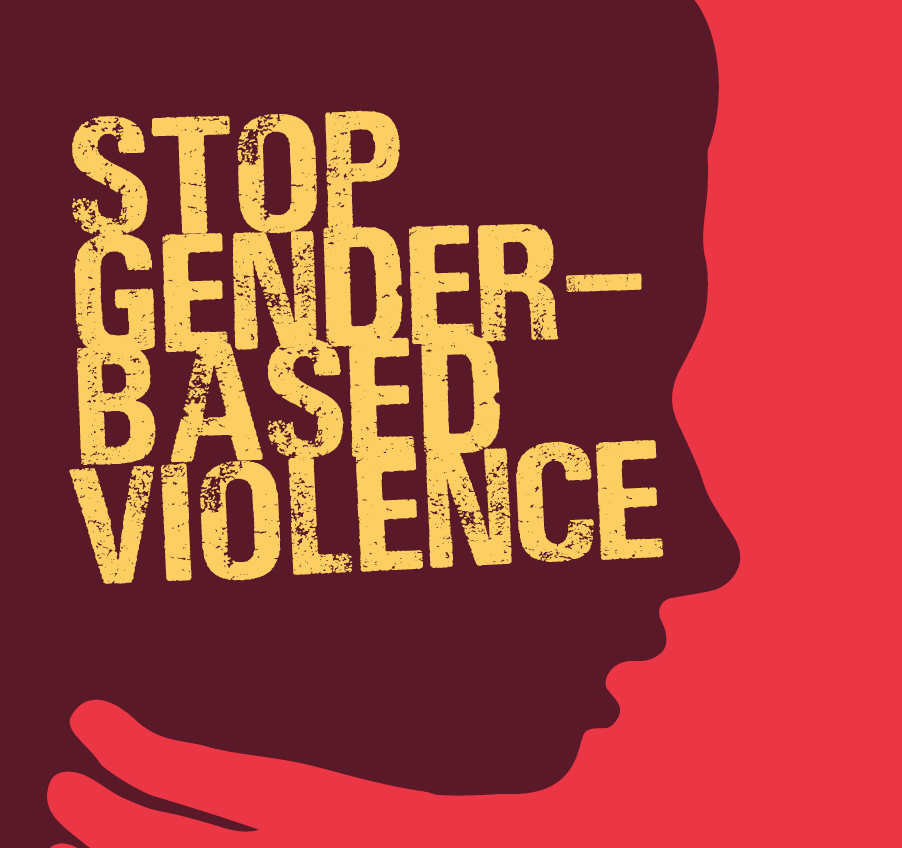Violence-based sexual offences have been on the rise in Nigeria. This year, several high-profile cases of rape and sexual violence have been recorded in the country, some involving students. In May, there was a public outcry over the rape and murder of Vera Uwa Omozuwa, a 22-year-old University of Benin undergraduate. Also, in June, 19-year-old Barakat Bello was raped and stabbed to death in Ibadan. She was a student of the Institute of Agriculture, Research and Training (IAR&T), Ibadan, Since then, there have been other reported cases of violation of women and girls, especially little girls, in the country.
Similarly, a non-governmental organization, “Piece of My Heart Foundation”, has called for more interventions, particularly from stakeholders in the education sector to stem the tide. The group said parents, educators and the government at all levels should ensure that male children are introduced to sex education early.
The foundation faulted the general belief that only female children need sex education, saying this could probably be responsible for the upsurge in sexual violence in the country. It, therefore, charged all stakeholders to engage the male child and stop focusing only on the girl-child.
“Oftentimes, sex education focuses on girls, which has made our boys feel they don’t need the information and don’t have to accept responsibility for their actions. When sexual abuse happens, some parents silence the victim by not believing them or wanting to protect the abuser,” the body said.
An education consultant, Julius Opara, making reference to UNESCO, said sex education is not just teaching the male or female child to identify parts of his or her body. It is all-encompassing learning, he said, referred to as Comprehensive Sexuality Education (CSE). Opara said any standard public or private school should adopt the CSE guidelines to offer reliable information about sex education to students.
“Comprehensive sexuality education is a curriculum-based process of teaching and learning about the cognitive, emotional, physical and social aspects of sexuality. It aims at equipping children and young people with knowledge, skills, attitudes and values that would help them develop respectful social and sexual relationships; consider how their choices affect their own well-being, and that of others; as well as understand and ensure the protection of their rights.
Therefore, to ensure male children get sex education to broaden their knowledge is simply to begin to advocate for the implementation of the CSE guidelines by both public and private schools,” Opara added.
Opara noted that when implemented, male children would have learnt a lot about their health and well-being. He said applying a learner-centred approach would not only provide male children with age-appropriate and phased education on human rights, gender equality, relationships, reproduction, sexual behaviour risks and prevention of ill health, but also provide an opportunity to present sexuality with a positive approach, emphasizing values such as respect, inclusion, non-discrimination, equality, empathy, responsibility and reciprocity.
